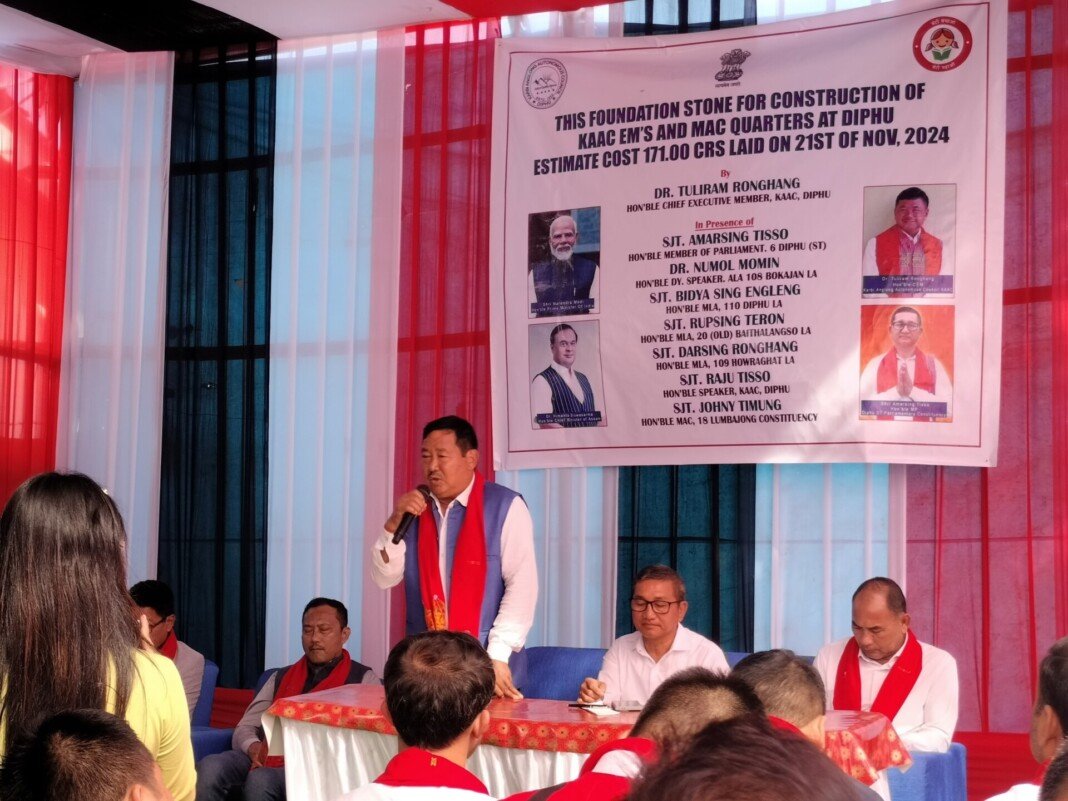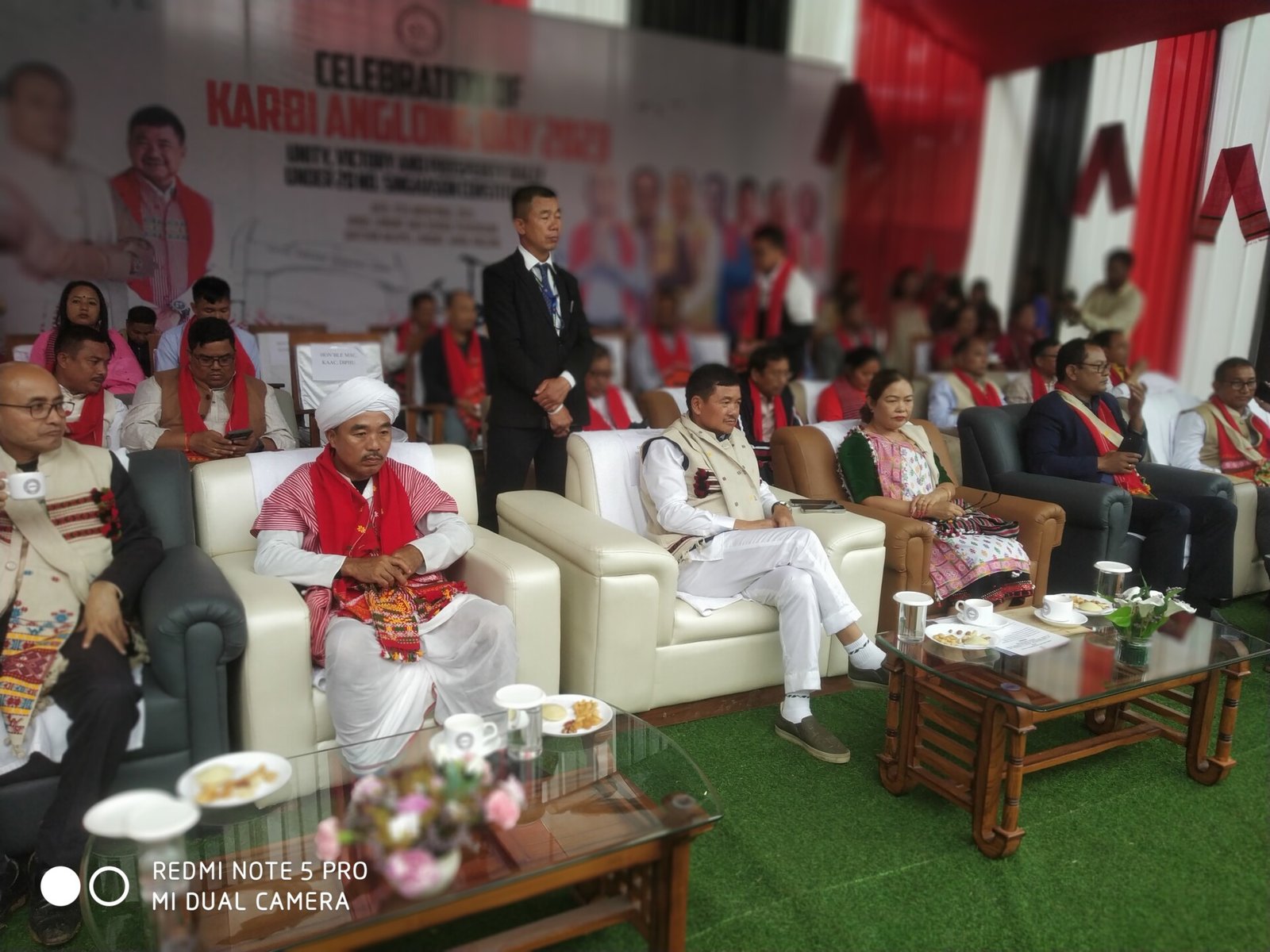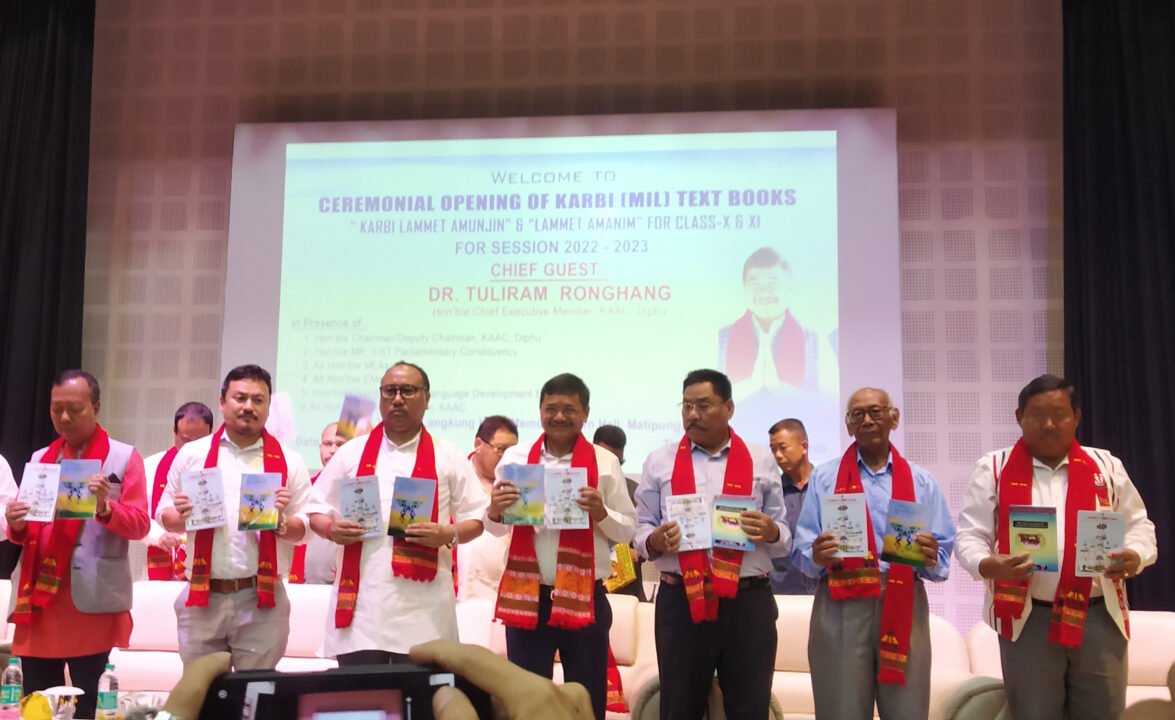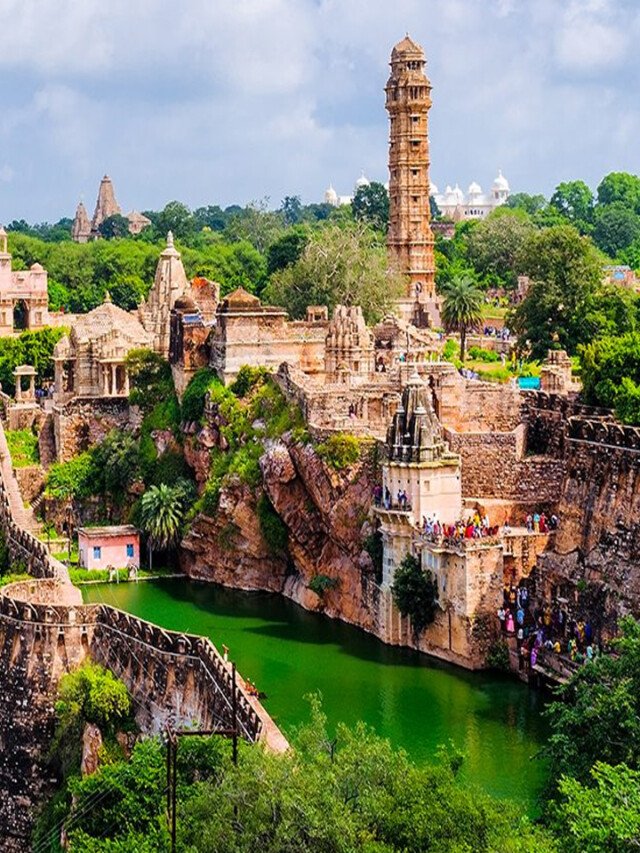HT Bureau
DIPHU, Nov 21: The Karbi Anglong Autonomous Council (KAAC) will soon get new bungalows for its executive members (EMs) and members of the Autonomous Council (MACs), as part of a mega project worth Rs 300 crore.
This initiative aims to construct new bungalows and quarters at the existing site in the KAAC Colony here.
According to sources, the project is being funded through the Chief Minister’s Special Fund. The work will be carried out in two phases: the first phase has an estimated cost of Rs 171 crore, while the second phase will cost Rs 130 crore. The project will include 20 bungalows for EMs and five other G+ buildings for MACs.
Additionally, a Club House will be built for recreation and events.
The foundation stone for the project was laid at the KAAC Colony, with MP Amarsing Tisso—who is also the EM of KAAC, responsible for Agriculture and Land & Revenue—along with MLA Darsing Ronghang and others, participating in the ceremony.
On the occasion, MP Tisso emphasized that the Central Government is prioritizing the Northeast region to ensure it is on par with other states of the country.
“Our Prime Minister has instructed Central ministers to visit the Northeast every month to oversee the implementation of centrally sponsored schemes and ensure they reach the people. Following this directive, three Central Ministers have already visited our district. The most recent visit was by Dr. Virendra Kumar, Union Minister for Social Justice and Empowerment, who toured the Samelangso Aspirational Block and inspected PMGAY houses and JJM water supply schemes,” MP Tisso said.
MP Tisso further highlighted that Dr Kumar advocated for advancements in agriculture and education in Karbi Anglong.
He also mentioned that Karbi Anglong currently has four Ekal Vidyalayas for tribal children, and ten more such schools will be set up in the district.
Regarding the construction of the bungalows and quarters for EMs and MACs, MP Tisso noted that the project is funded through the Chief Minister’s Special Fund.
KAAC has a total of 26 elected members (MACs) and 4 nominated MACs.
The chairman and deputy chairman are elected from among the 26 MACs, while the Executive Committee (EC) consists of 13 executive members (EMs) headed by the chief executive member (CEM).












